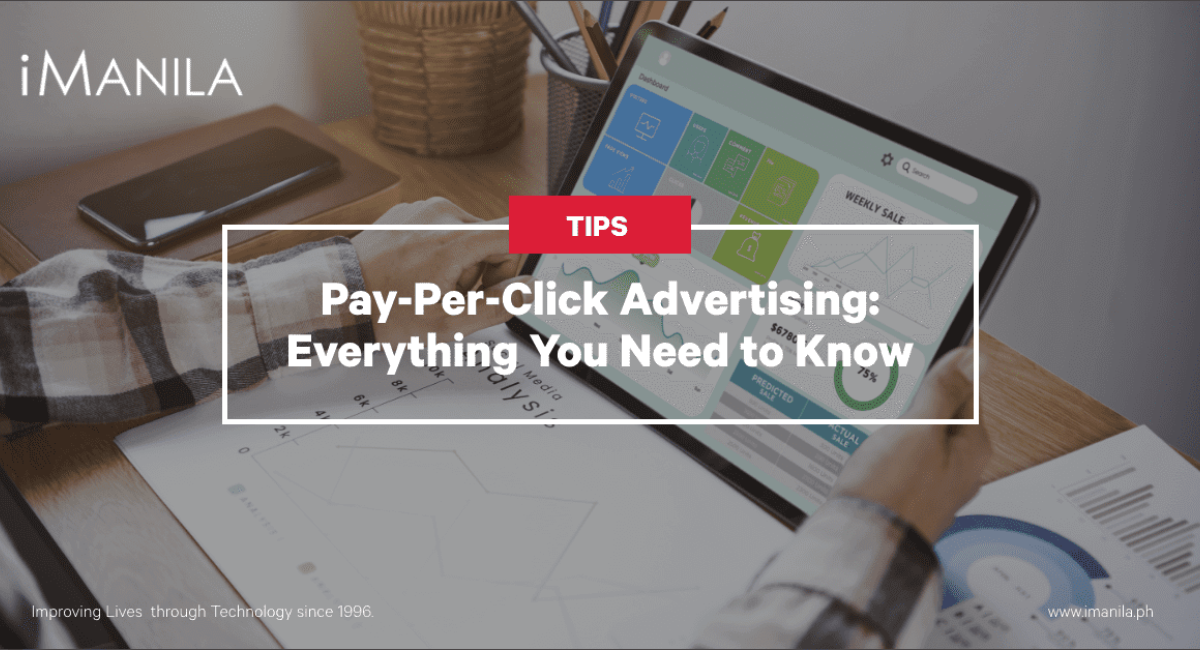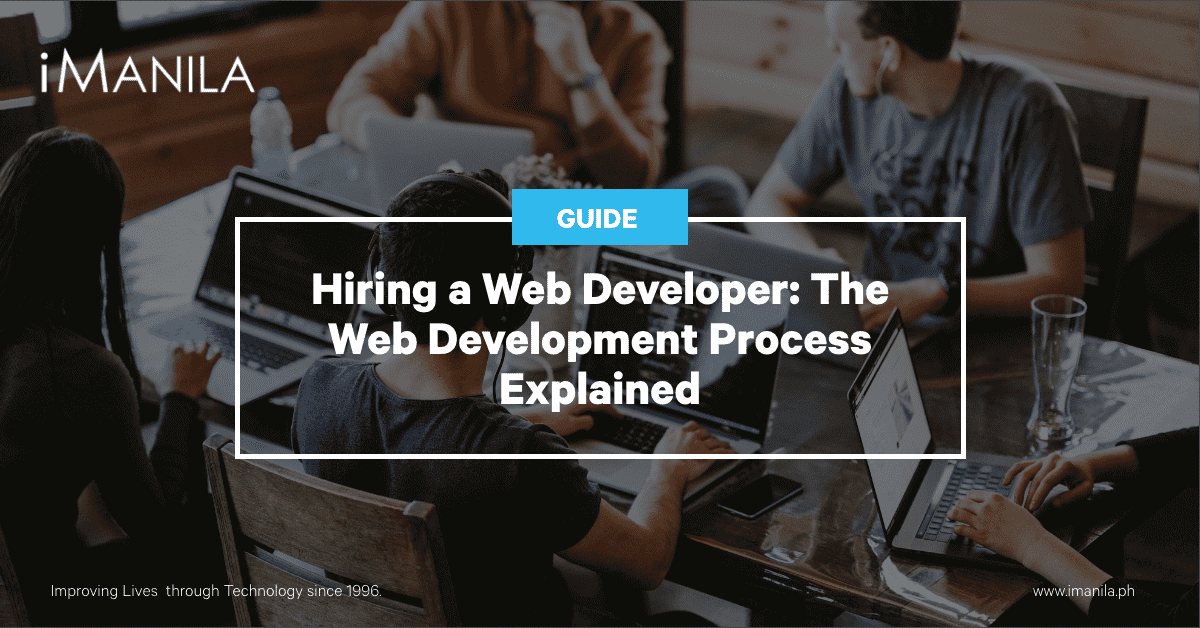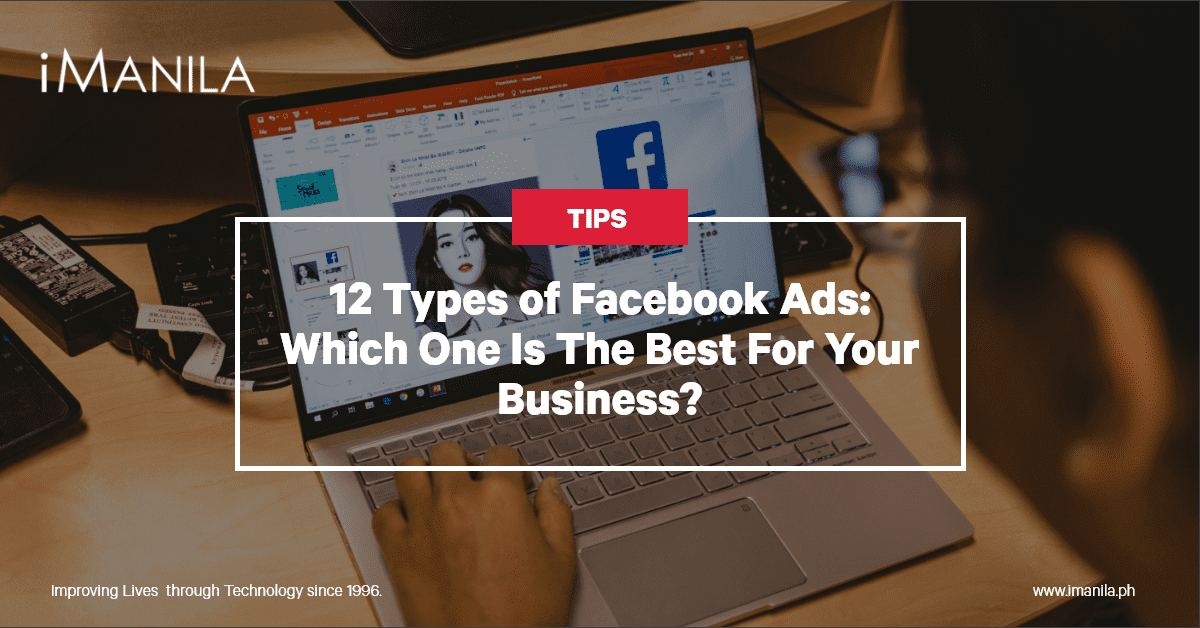An auction takes place for the keyword every time there is an ad spot on a search engine results page. Multiple factors including bid amount and ad quality decide who will appear in the top position.
These auctions are what keeps the gears of Pay-Per-Click (PPC) advertising moving. They begin when someone searches for something on a search engine.
Now, what is PPC?
Pay-Per-Click is a form of Search Engine Marketing. It is a model of digital marketing in which advertisers pay a fee each time their ads get a click. It’s a way of buying visits to your site, rather than attempting to “earn” those visits organically.
What are the different types of PPC?
One of the most common types of PPC is the paid search ad. When people search for things online, especially if it’s a commercial search – meaning, the user is looking for something to buy – these ads appear automatically.
This could be anything from a mobile search to a local service search like someone looking for a caterer in their area to someone shopping for a gift searching “best anniversary gift for wife”. These searches trigger pay-per-click ads.
In pay-per-click advertising, businesses running ads are only charged when a user actually clicks on their ad, hence the name “pay-per-click.”
Other forms of PPC advertising include display advertising, typically, serving banner ads and remarketing.
What are keywords and why do we use them?
Connecting advertisers to users’ search queries, keywords lie at the center of PPC advertising. Queries are the actual words that users type into the search box of a search engine to find results.
Marketers use keywords to target users by matching their queries. Keywords work as generalized abstractions of a wide range of search queries prone to irregularities like misspellings. Advertisers can match search queries with more or less precision, depending on the keyword match types they use. It can be a broad match, phrase match, or exact match.
Budgets & Bids
Advertisers need to choose how much they are willing to spend on a given keyword to participate in the auction.
Budgets should be set depending on the overall campaign strategy, but bids are a more precise way of controlling spend.
When creating a campaign, all ad groups must have bids, but keyword-level bids override ad group level bids. Most advertisers use automated bidding strategies. This allows them to set a specific goal for their campaigns and identify the most appropriate bid for each auction. It can be applied to individual campaigns or a portfolio of multiple campaigns.
This may sound a lot to you especially if you’re new to the online advertising world. But, don’t worry because iManila is here to help!
A certified and badged Google Partner since 2019, iManila is also a full-service business web development company and digital marketing agency in the Philippines ready to help you with your web design and development, website update and maintenance, web hosting, email hosting, technical support, and digital marketing services needs.
Work together with top advertising companies in the Philippines like iManila and make your brand goals a reality. Talk to us!


